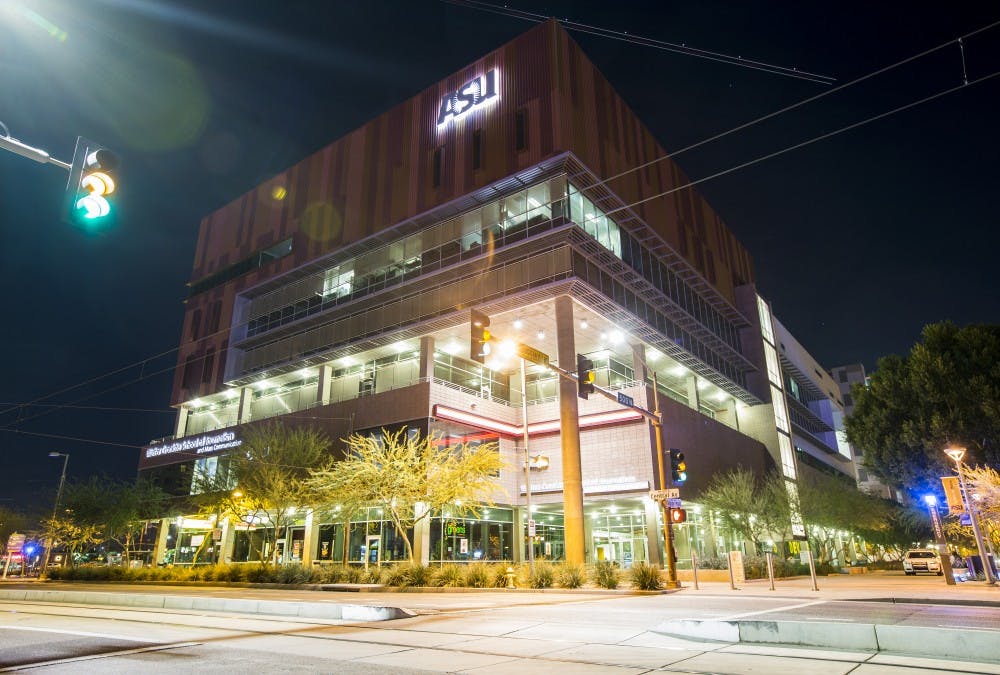Following the rise in attention to fake news spreading across social media in November, Dan Gillmor, a professor of practice at ASU’s Walter Cronkite School of Journalism and Mass Communication, wrote an article calling for major media outlets to be “champions of media literacy.”
By March, Facebook and the Cronkite School had collaborated to hold a weekend of workshops focused on news literacy for journalists and educators from around the country.
Gillmor said that a social media outlet like Facebook taking responsibility to increase awareness to consumers is crucial to getting the masses more informed on media literacy.
“It’s one of the things that prompted the meeting in March,” Gillmor said. “What I believe the platform companies can do — Facebook, Google Twitter or any other major platform — I think they can help make it scale in the sense of getting these concepts of news literacy in front of a lot of people.”
While Gillmor said the school’s partnership with Facebook is currently uncertain, he said their forum of discussion represented a step forward for media outlets to make change.
“Where it goes from there is not certain," Gillmor said. "I think many of us have hopes, but it’s still unformed. It’s just beginning. ASU is talking to lots of people about lots of ideas.”
Gillmor also said the research merits of ASU and the Cronkite School are important factors in analyzing news literacy.
“ASU and the Cronkite School have a major research university and a great journalism school here," he said. "That’s a really cool combination for people who want to think about the future of news and information and to try new things.”
Like Gillmor, Eric Newton, chief of innovation at the Cronkite School, said Facebook taking responsibility for news literacy is an important step toward minimizing fake news.
Newton said that using social media has changed news readers from passive to active consumers.
“It’s really about where people are now,” Newton said. “An important element is employing the advantages of the digital age. We need to use digital media to enhance digital media. Some of the most successful stuff is using technology to reach people.”
Newton said the meeting with Facebook was exciting because it foreshadowed more projects that can enhance news literacy to the public. These projects, Newton said, could inspire a more effective and interactive experience for consumers.
"If I came up to you and asked ‘How would you like to learn about democracy in America?’ versus asking 'How would you like to play a game to know what it’s like to be free?', one sounds like homework while the other sounds like it could be fun," Newton said.
ASU is one of a few organizations who have collaborated with Facebook to enhance news literacy. The News Literacy Project, an education outreach project that aims to bring news literacy to schools, has also worked with the media organization.
Peter Adams, senior vice president for educational programs for the project, said that with a more public scope in mind, they’ve had to change their perspective. He also said that since collaborating with Facebook, more people are starting to learn about news literacy.
“That’s different than what we’ve done in the past,” Adams said. “So with Facebook and with this more public PSA campaign, we’re kind of in the public eye in a broader way. Now the general public is discovering the field of news and information literacy and discovering us."
Reach the reporter at Emmillma@asu.edu or follow @Millmania1 on Twitter.
Like The State Press on Facebook and follow @statepress on Twitter.




